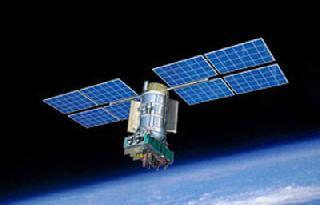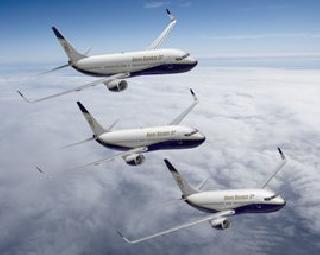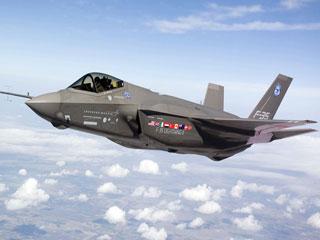
The new-generation GLONASS-K will take up Russia's GLONASS orbital network to 23 operational vehicles.
MOSCOW (ITAR-TASS): The first new-generation satellite GLONASS-K of the GLONASS navigation system is successfully put into the planned orbit.
The Soyuz rocket, which was launched from Plesetsk cosmodrome at 06:07 Moscow time Saturday, with the Fregat booster at 09:39 Moscow time successfully delivered the satellite to the orbit. The GLONASS-K separated as planned. Telemetric contact with the satellite is maintained. Its onboard systems are functioning as normal, the Space Troops' spokesman Alexei Zolotukhin told Itar-Tass.
The satellite will work in the 19,100-km-altitude and 64.3-degree-inclination orbit.
It is a new third-generation satellite of the GLONASS system. It differs from the previous Glonass-M generation -- it is expected to work for ten years (but not 5-7 as a Glonass-M), it weighs less -- 935 kilogrammes instead of 1,415 and its navigation system is more reliable with the third frequency of L-band. Besides it has equipment of the international search and rescue system COSPAS-SARTAR.
It was the first launch of a Glonass satellite from Plesetsk cosmodrome and with a Soyuz rocket (earlier all the satellites of the system were carried by Protons from Baikonur).
According to the Machine-Building Central Scientific Research Institute, as of February 25, there were 26 satellites in the GLONASS orbital group. Twenty two of them are used, and four are put out of operation for technical maintenance. For a GLONASS navigation signal to be received continuously all over Russia's territory, at least 18 working satellites are needed, and 24 on the global scale.
The civil purpose of the GLONASS system is to form a continuous navigation signal to highly accurately determine coordinates and speed of movement of any objects equipped with the receivers. The system is also used to carry out tasks to ensure Russia's security.
 Previous Article
Previous Article Next Article
Next Article












The Indian Air Force, in its flight trials evaluation report submitted before the Defence Ministry l..
view articleAn insight into the Medium Multi-Role Combat Aircraft competition...
view articleSky enthusiasts can now spot the International Space Station (ISS) commanded by Indian-American astr..
view article